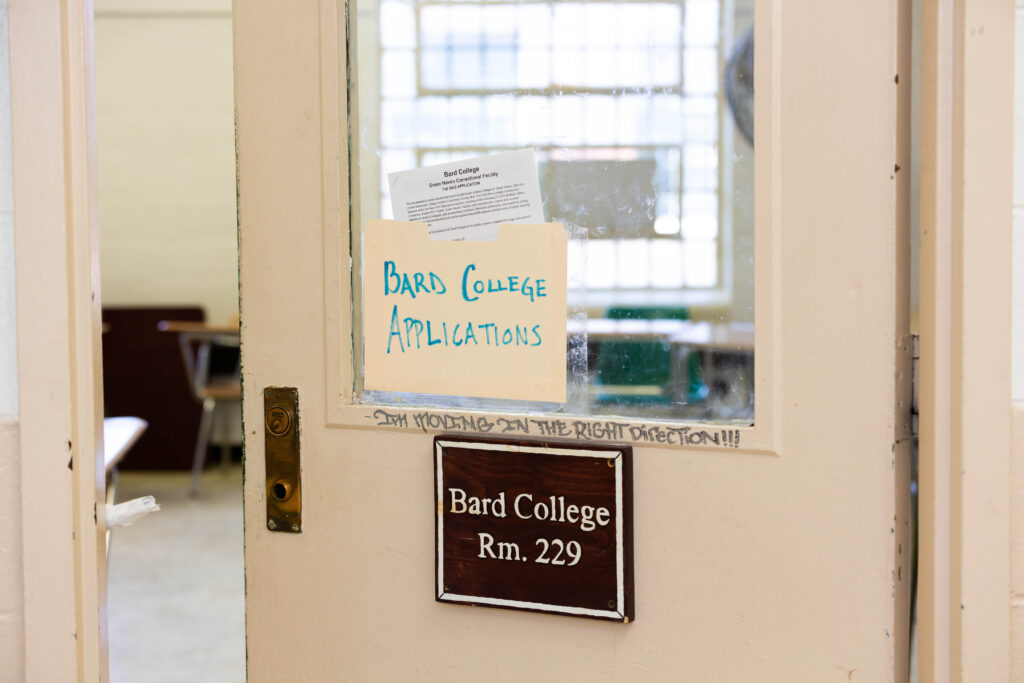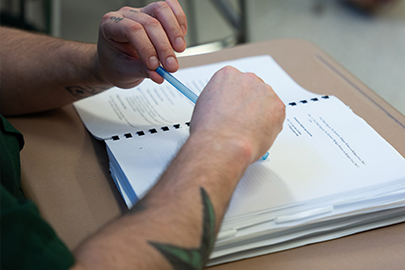“The radical success of incarcerated Americans in college education is symbolic. It should move leaders in education to rethink the way we look at college admission and rethink the way we present the things we say we value.”
— Max Kenner
Max Kenner believes that if you were to show the success rates of the graduates from the Bard Prison Initiative to experts in the social sciences, they would tell you the results are “impossible”. The story of the Bard Prison Initiative (BPI), founded by Kenner in 1999 and supported by his Alma Mater, Bard College, has become legendary. As the largest program of its kind in the United States today, BPI enrolls nearly 300 incarcerated men and women across a full spectrum of academic disciplines, and offers over 60 courses each semester. Kenner’s recent awards have included The Chronicle of Philanthropy’s 40 Under 40, Richard Cornuelle Award for Social Entrepreneurship, the Smithsonian American Ingenuity Award in Education, and most recently, a Tribeca Disruptive Innovation Award (TDIA). The goal of the TDIA is to shine a light on innovations which are helping to solve the world’s most intractable problems. Max joins us in The Global Search for Education to talk about how and why BPI graduates are succeeding in the classroom and the real world, as well as his organization’s vision for this groundbreaking program looking forward.
“We don’t view our students as incarcerated students that need ‘correction’. We approach them with a sense that the whole intellectual world is at their disposal as it would be for any student or any person.” — Max Kenner
Max, within five years of their release, more than 3 out of 4 ex-inmates are arrested again. Out of the 300 students who have graduated Bard, only 4 percent have returned to prison. Why are your graduates more likely to succeed?



